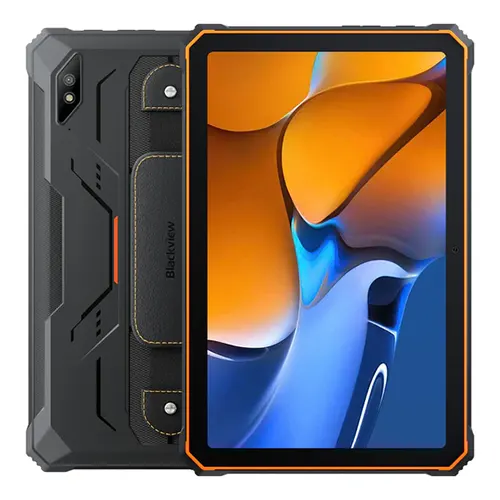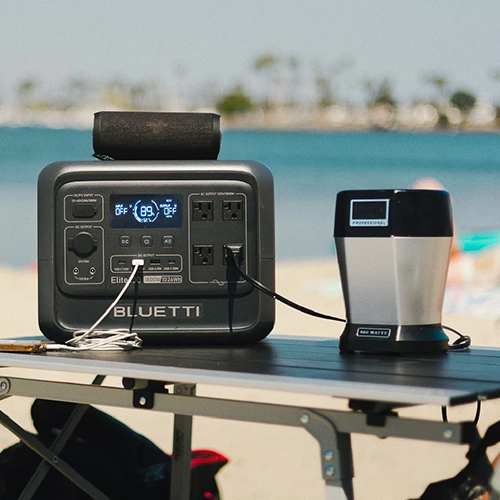
The Ultimate Guide to VPNs: What, Why, and How
In the dynamic and interconnected digital landscape, safeguarding your online activities has become more critical than ever. This guide aims to unravel the world of Virtual Private Networks (VPNs), shedding light on what they are, why they matter, and how to leverage their benefits.
What is a VPN, How Does it Work & How Does it Safeguard Online Privacy
What is a VPN?
Definition and Functionality
A VPN, or Virtual Private Network, is a technology that establishes a secure and encrypted connection over the internet. It enables users to transmit data between their device and a server in a way that ensures confidentiality and privacy.
How Does a VPN Work?
VPNs work by routing your internet traffic through an encrypted tunnel, making it virtually impossible for external entities to intercept or decipher the data. This not only protects your online activities from prying eyes but also conceals your actual IP address.
Why Use a VPN?
Privacy Protection
VPNs act as a shield against online surveillance by encrypting your internet connection. This is particularly crucial when using public Wi-Fi networks or accessing sensitive information.
Security on Public Wi-Fi
Public Wi-Fi networks are often hunting grounds for cybercriminals. A VPN encrypts your data, making it extremely challenging for malicious actors to exploit vulnerabilities in public networks.
Access to Geo-Restricted Content
VPNs allow you to virtually relocate your connection to a different geographical location, granting you access to content that might be restricted in your actual location.
Bypassing Censorship
In regions where internet censorship is prevalent, a VPN provides a secure means to access unrestricted information and maintain freedom of expression.
How to Choose the Right VPN
Security Protocols
Look for VPNs that employ robust security protocols like OpenVPN or IKEv2/IPsec to ensure a secure connection.
No-Logs Policy
Choose VPN providers with a strict no-logs policy, assuring that your online activities are not recorded or stored.
Server Locations
A diverse range of server locations ensures better flexibility in accessing content from different regions.
Speed and Performance
Consider VPNs that offer high-speed connections to ensure seamless browsing, streaming, and downloads.
User-Friendly Interface
An intuitive and user-friendly interface makes the VPN experience smoother, especially for beginners.
Compatibility with Devices
Ensure that the VPN is compatible with the devices you use, including computers, smartphones, and routers.
Setting Up a VPN
Installation Process
Most VPNs offer straightforward installation processes. Download the VPN client from the official website, follow the instructions, and configure your settings.
Configuring Settings
Customize your VPN settings based on your preferences. This might include selecting the desired server location or enabling additional security features.
Troubleshooting Common Issues
If you encounter issues, troubleshoot by checking your internet connection, verifying your login credentials, or contacting the VPN provider's support.
VPN for Different Devices
VPNs on Computers (Windows, Mac, Linux)
Most VPNs are compatible with major operating systems. Install the VPN client on your computer, log in, and activate the VPN connection.
VPNs on Mobile Devices (iOS, Android)
Download the VPN app from the respective app store, install it on your mobile device, and configure the settings for secure browsing on the go.
VPNs on Routers
For comprehensive protection, consider setting up a VPN on your router. This ensures that all devices connected to your home network are covered.
Advanced VPN Features
Kill Switch
A kill switch automatically disconnects your internet if the VPN connection drops, preventing any data from being exposed.
Split Tunneling
Split tunnelling allows you to route some of your internet traffic through the VPN while letting the rest access the internet directly.
Multi-Hop VPN
Multi-hop or double VPN routes your connection through multiple servers, adding an extra layer of encryption for enhanced security.
Common VPN Myths and Misconceptions
"VPNs are Only for Tech Experts"
Modern VPNs are designed to be user-friendly, making them accessible to all levels of users.
"VPNs Slow Down Internet Speed"
While there may be a slight reduction in speed due to encryption, reputable VPNs offer high-speed connections suitable for various online activities.
"Free VPNs are as Good as Paid Ones"
Free VPNs often come with limitations and privacy concerns. Paid VPNs typically offer better security, speed, and customer support.
Best Practices for Using a VPN
Regularly Update Your VPN Software
Keep your VPN software up to date to benefit from the latest security features and improvements.
Choose Strong Passwords
Secure your VPN account with a strong, unique password to prevent unauthorized access.
Be Cautious with Free VPNs
If using a free VPN, research the provider thoroughly and be aware of potential privacy trade-offs.
Case Studies: Real-World VPN Scenarios
Working Remotely
VPNs play a crucial role in securing remote work environments, ensuring sensitive company data remains confidential.
Secure Online Banking
Protect your financial transactions by using a VPN, especially when accessing online banking from public networks.
Traveling Abroad
Access your favorite content and stay connected securely, even when travelling in countries with strict online regulations.
Conclusion
In conclusion, a VPN is a versatile tool that enhances your online experience by safeguarding your privacy, ensuring security, and enabling access to a borderless internet. By understanding how VPNs work and implementing best practices, you can navigate the digital world with confidence.
Frequently Asked Questions About VPN
What is a VPN?
A VPN, or Virtual Private Network, is a technology that creates a secure and encrypted connection over the internet. It ensures privacy and security by masking your IP address and encrypting your online activities.
Why do I need a VPN?
VPNs offer several benefits, including enhanced online privacy, protection against cyber threats, access to geo-restricted content, and secure connections on public Wi-Fi networks.
How does a VPN work?
VPNs work by routing your internet traffic through a secure server, encrypting the data exchanged between your device and the server. This process hides your actual IP address, making your online activities more private and secure.
Can I use a VPN for streaming and accessing blocked content?
Yes, one of the primary uses of VPNs is to access geo-restricted content and streaming services. By connecting to servers in different regions, you can unblock content that may be restricted in your location.
Are all VPNs the same?
No, VPNs can vary in terms of features, speed, security protocols, and logging policies. It's crucial to choose a reputable VPN service that aligns with your specific needs, such as privacy, speed, or streaming capabilities.
Is using a VPN legal?
In most countries, using a VPN for legitimate purposes is legal. However, the legality of VPN usage can vary by jurisdiction. It's essential to be aware of and comply with the laws in your region.
Latest Blogs

Exploring Memory Card Types: A Comprehensive Guide

Blackview Tablet Reviews: A Comprehensive Look at Features and Performance

The Best Portable Power Stations & Solar Generators in the UK (2025 Guide)

10 Best Smartwatches for Kids


